“Coming on the heels of the disastrous environmental conditions during the Great Depression, the decision to plant kudzu was rational and even environmentally sound.”
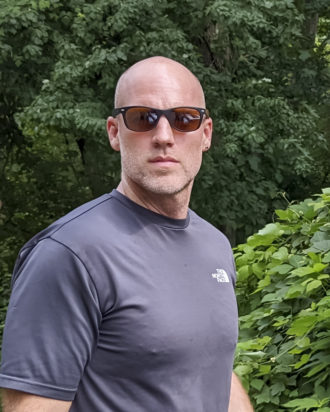

“Coming on the heels of the disastrous environmental conditions during the Great Depression, the decision to plant kudzu was rational and even environmentally sound.”

What does quality of life mean in Western North Carolina? For the 2022 Year In Review, Xpress asked community members to share their thoughts.

“It is time for us to all hang together before we end up all hanging separately.”


Learn more about B-corps, a local business awards program, local movers and shakers and data on Asheville’s economic indicators in our business news in brief from the issue of Sept. 12, 2018.

“We need politicians in office that are willing to propose radical and even not-so-radical solutions to climate change, which is an existential threat to human civilization.”

“Yet any economy beyond subsistence agriculture is built on skills that have to be learned over the long term. Those skills can be found in three ways …”
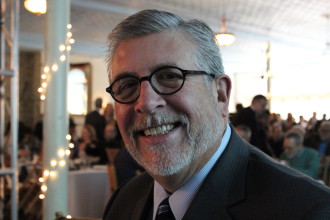
At the Asheville Area Chamber of Commerce’s 18th annual Metro Economy Outlook on Oct. 19, economic futurist Ted Abernathy of Raleigh said Asheville’s economy is a success story among moderate-sized metro areas.

The third annual conference, “Bringing it Home: Building a Local Economy for Everyone,” will take place on Oct. 7 at the YMI Cultural Center in downtown Asheville.
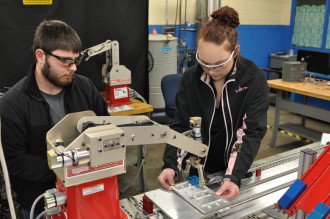
With a bevy of companies relocating or expanding operations in Western North Carolina, economic boosters, educators and business representatives are working to prepare the next generation of workers to meet the growing need.

“Yes, the country is headed in the “wrong direction,” but is a right direction possible?”
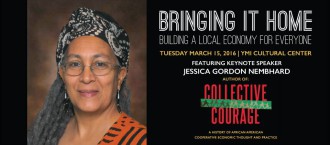
If you want to bring home the bacon, first, you’ll need to bring home the tools to succeed, say the organizers of the Bringing It Home conference. And that applies to all of us, whether you’re trying to dig your way out of personal debt or start a million-dollar business. Accordingly, this year’s conference is broadly aimed at all of us, particularly those who sometimes feel left out of the standard entrepreneurial model.
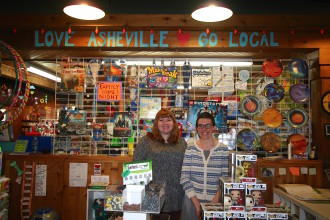
Walk any downtown Asheville street and you’re likely to encounter some quirky storefronts offering unusual products. Together, these “specialty shops” or boutiques, most of them locally owned businesses, are a key component of the city’s distinctive flavor, attracting thousands of tourists each year and helping fuel the economy.
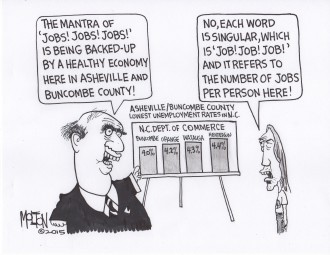


“If passed, the TPP would affect North Carolina and every other state in our country at the local, regional and state level.”

To many Western North Carolina residents, the region’s parks and recreational areas represent a chance to experience our state’s natural beauty and preserve its rich history. But what’s often overlooked is these attractions’ key role in bolstering local economies.
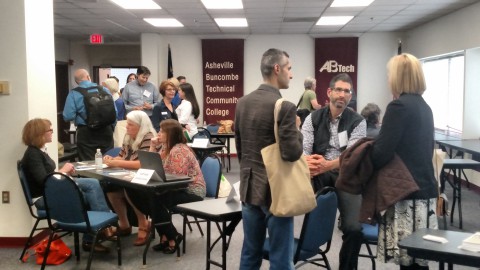
Perhaps not surprisingly, topics of discussion mirrored the diverse mix of folks who came together for the daylong event at A-B Tech’s Enka campus: small-business owners, investors, employees and assorted individuals with an interest in collective prosperity.
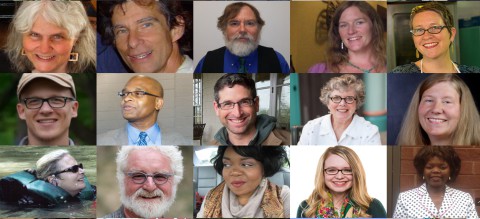
From Ed Whitfield’s keynote speech, “A Logical New Approach to Community Development,” to a panel on sources for local funding, there’s something for everyone at the March 18 Bringing It Home conference. Here’s a look at the main sessions and speakers.

The interactive forum will explore cutting-edge opportunities for strengthening Western North Carolina’s economy, making the oft-daunting topic of collective prosperity intelligible, applicable and, dare we say it, enjoyable for presenters and attendees alike.
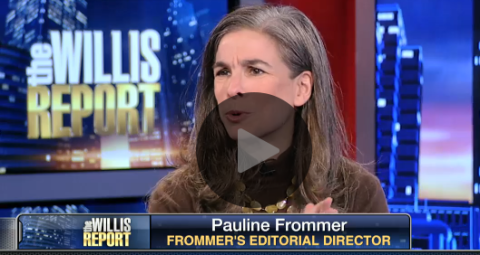
In a live Jan. 9 television appearance touting Asheville as 2015’s top travel destination, Pauline Frommer changed her tune, crediting artists for making the River Arts District vibrancy.